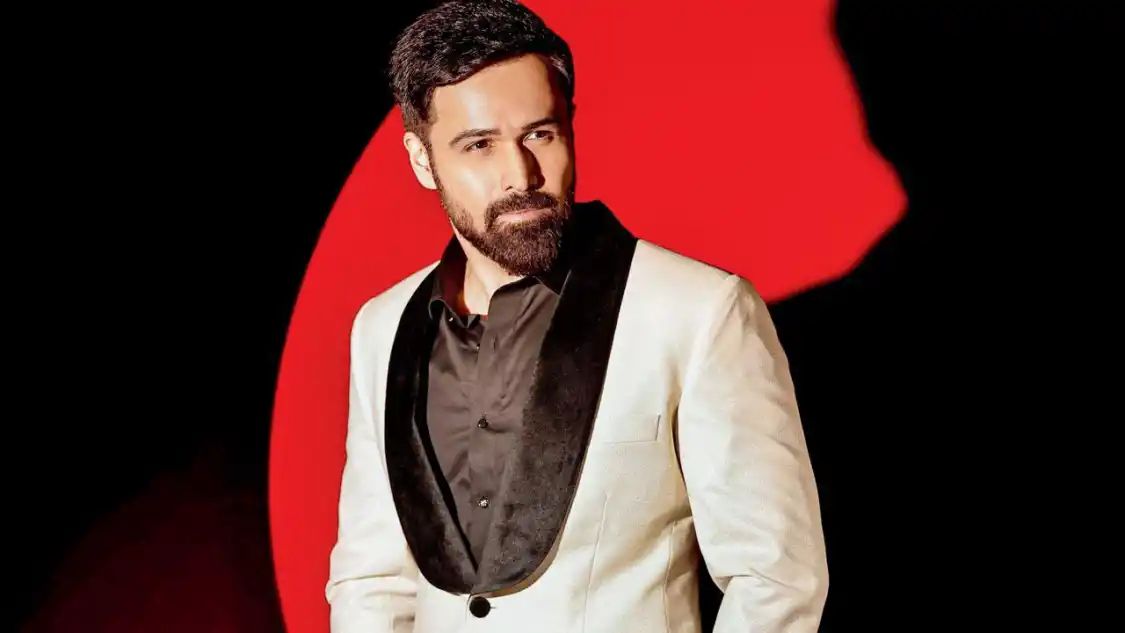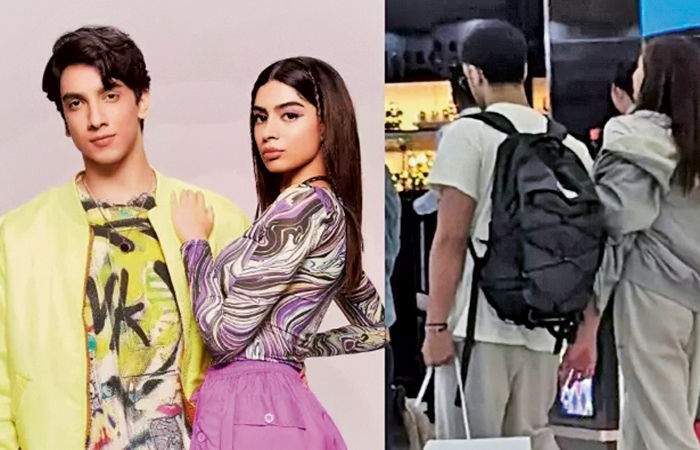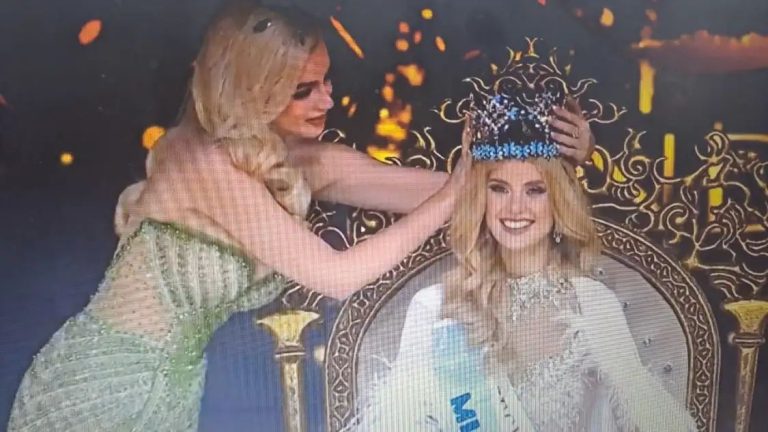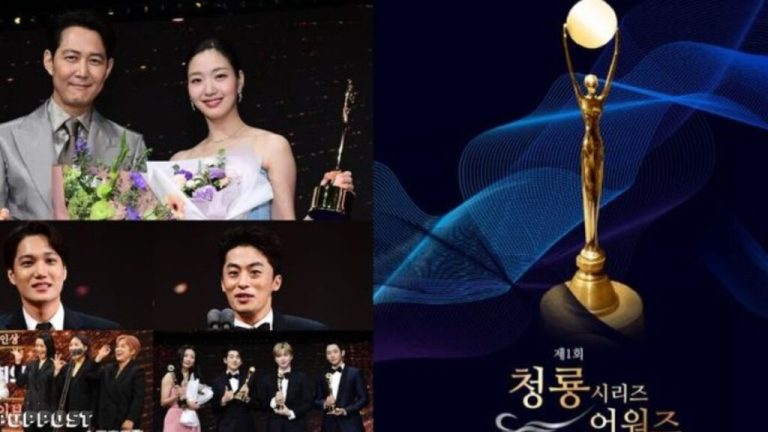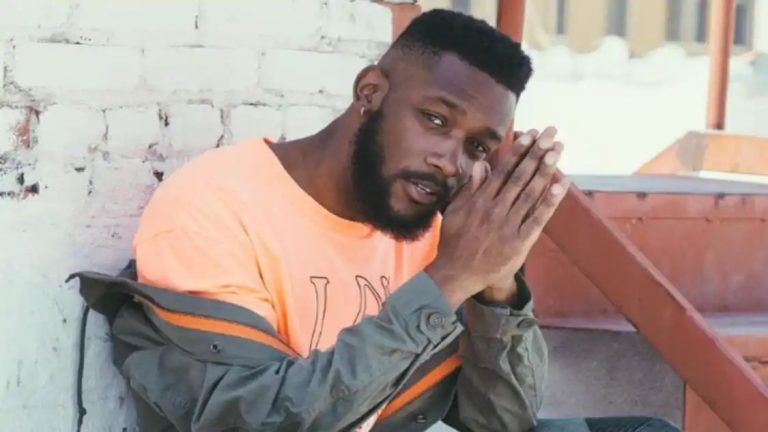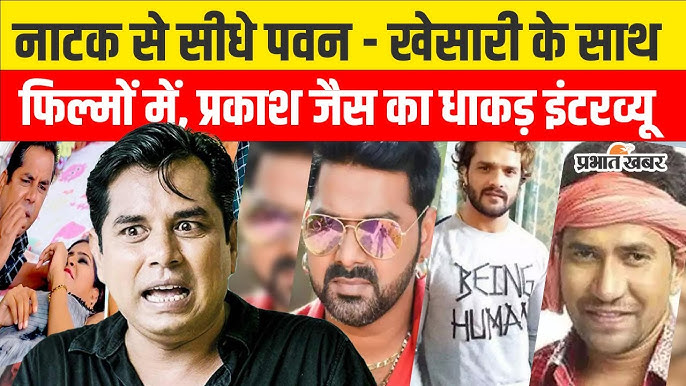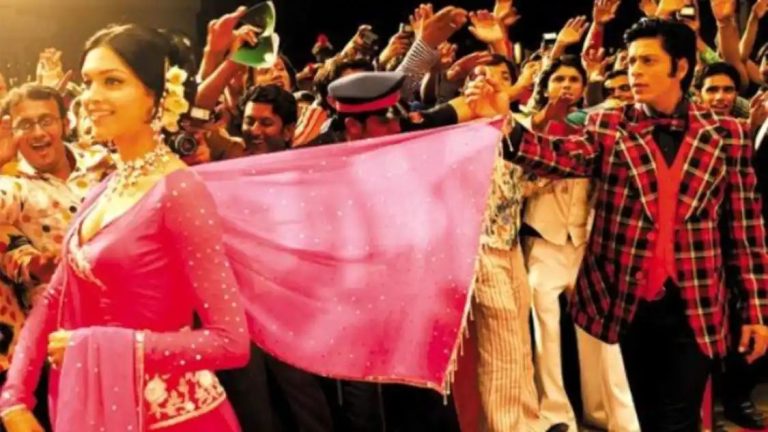Anand Bhaskar: Write to the story, edit to visuals
Bhaskar, with offerings like Mirzapur and Masoom to his credit, discusses why his working style fits the web space.
Edited excerpts of the interview.
When this project came your way, what was your understanding of the requirements of the five numbers that you were appointed to create?
I’ve worked on five songs, and the score of this project. I have been working with Mihir for eight years, after we first began to work on Mirzapur. For a while, we had been wanting to work on a commercial film, because we had been working on projects that were, well, left-of-centre. This one is based on Bollywood politics, so I was interested. When we started working on it, we created everything, from pop, to jazz, and hip-hop to rock. We narrowed it down to hip-hop, electronic music, and rock. He liked the rock-based themes I wrote. But as things progressed, we realised that the music should lean towards hip-hop, pop and electronic. That’s how the musical landscape was built. Because they were simultaneously building the script, and I’d often play pieces of music to him during our meetings, they used some of my pieces in the edits to build [both] worlds simultaneously. This is the process I follow with all my clients—I prefer to work from the ground up, and not wait for the visuals.
We speak to a lot of score composers and most of them speak of how the visuals determine the way they work. Can you delve deeper into what you’ve said and explain why the visuals are not so crucial for you?
As a composer, it is my duty to accentuate the story and the emotions in each scene. I don’t want the audience to notice my music. I want them to get lost in the story. I will be successful if my music comes and goes, and the viewer doesn’t even realise that there is some music in it. I don’t want the music to trump the dialogue, or the acting, and that is why I write [to] the story, and not the visuals. I start writing the moment I finish [reading] the script. Later, they may change the script a bit, but the world has already been built in my head. Because there’s no external stimulus to guide my creativity, I can write music that is perfectly suitable for the project. So, for me, writing the story is more important. We write to the story, but edit to the visuals.
Can you speak of the genres across all the songs, and how you arrive at the collaborators on the various numbers?
Hip-hop and electronic textures have been used throughout. There’s a little bit of orchestral scoring in the climax piece, and that was new to me. I had to take a crash course to learn how to write for orchestral sections, like the violin, cellos, basses and horn sections. And, you also have to write horn sections from different perspectives, including the pauses. But, primarily, it is hip-hop and rap. Based on the songs, we already know if we want a high-pitched singer, someone in the mid-range, or somebody who can sing baritone. Thereafter, we have a discussion. I try to get singers who are more active in the indie space, because they have unique textures. I’m not a big fan of high-pitched female voices. So, in my songs, you’ll see powerful [voices]. I also do a lot of scouting work online to find new voices. [For one song] I put up an Instagram post asking for singers, and a girl called Shivya reached out to me. I found her skilled, so we recorded [portions] on social media. On other occasions, we want people who are experienced, because they add a different flavour.
